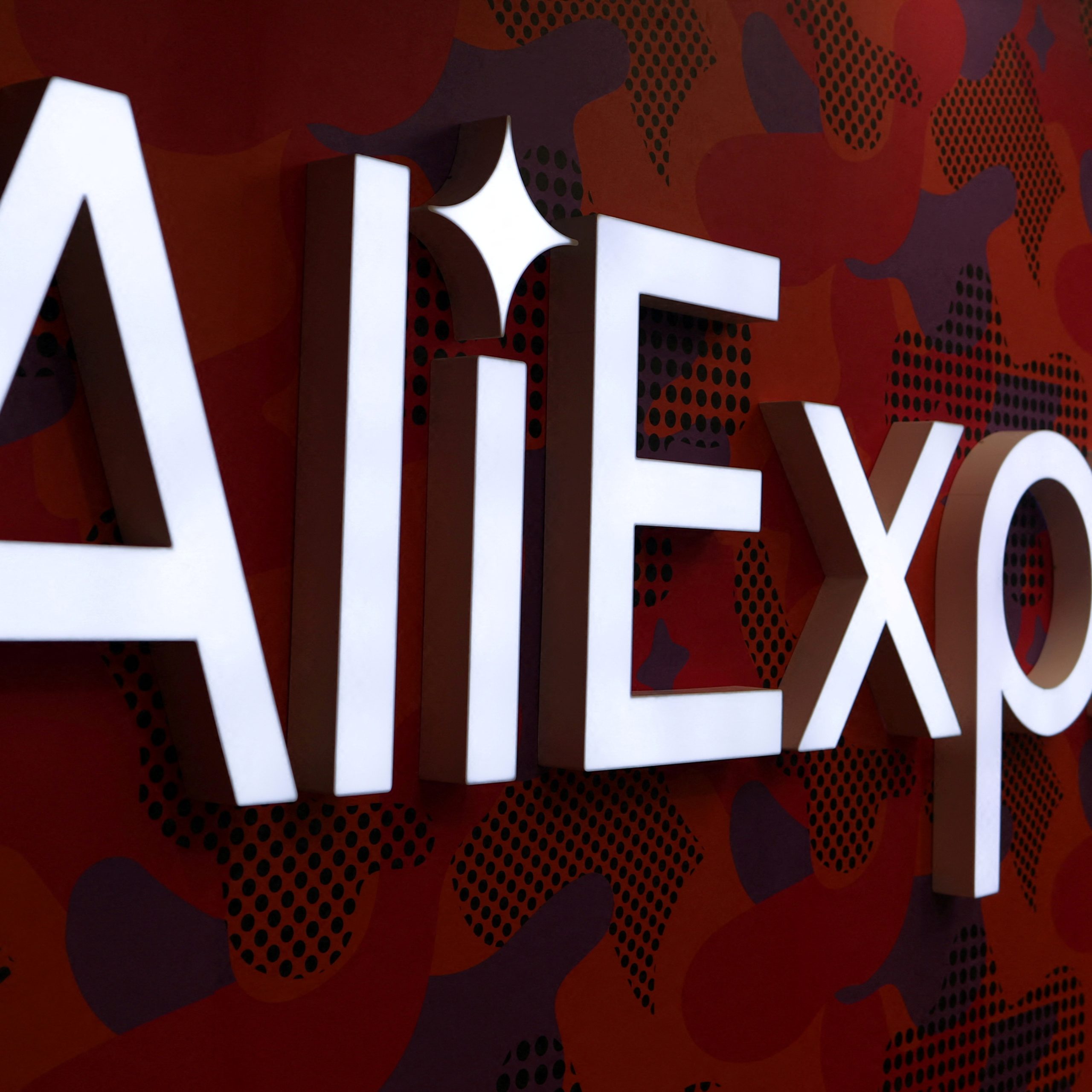The European Commission has initiated investigations into the Chinese e-commerce platform AliExpress and the Microsoft-owned social network LinkedIn for their compliance with the Digital Services Act (DSA). This move underscores the EU’s commitment to enforcing regulations to safeguard consumer rights and address potential risks associated with digital technologies.
AliExpress probe: Ensuring consumer protection
AliExpress, a prominent Chinese e-commerce platform, is facing scrutiny over its consumer protection practices within the European Union. The investigation focuses on concerns related to the accessibility of potentially illegal products and pornographic content on the platform. This marks the first instance of a Chinese e-commerce entity being subject to potential enforcement actions under the DSA.
LinkedIn, the professional social networking platform owned by Microsoft, is also under investigation for alleged violations of the EU’s content rules. The inquiry stems from concerns that LinkedIn may have infringed regulations prohibiting targeting individuals based on sensitive data such as sexuality, political opinions, or race. Civil society groups filed a complaint against LinkedIn, prompting the European Commission to request further information.
Artificial Intelligence Act approval by the European Parliament
The European Parliament has approved the far-reaching Artificial Intelligence Act separately. The legislation aims to ensure safety and compliance with fundamental rights and foster innovation while addressing the potential risks associated with the rapid evolution of technology. The act highlights the EU’s commitment to transparency in handling threats posed by generative AI, a technology exemplified by OpenAI’s ChatGPT service.
Thierry Breton, the European Commission’s internal market commissioner, has affirmed the full mobilization of enforcement teams in addressing concerns surrounding generative AI threats. The Commission has dispatched requests for information on generative AI to major social media companies and search engines, including Facebook, Snapchat, TikTok, YouTube, X (formerly Twitter), Instagram, Google, and Bing. These inquiries mark the initial step before formal investigations can commence under the bloc’s new online content regulations.
The Commission has set a deadline of April 5 for companies to respond to protect against election-related generative AI issues. Companies are expected to provide comprehensive explanations regarding risk mitigation strategies, including measures to curb the dissemination of deepfake pornography, by April 26. Several companies have voluntarily committed to addressing electoral threats linked to generative AI, emphasizing the need for transparency and proactive measures to safeguard democratic processes.





